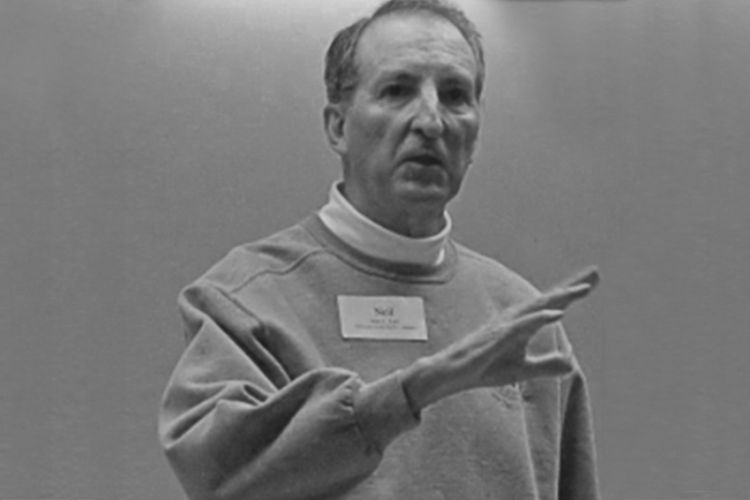Breadcrumb
Pacific meeting market demand with new health care and criminal justice programs

The new doctoral degrees in the School of Health Sciences will prepare clinicians to teach and practice at a higher level in the healthcare industry.
University of the Pacific is launching three new degree programs to fill growing demands: Doctor of Medical Science, Doctor of Health Sciences and Bachelor of Arts in Criminal Justice.
Health Sciences program
The doctoral degrees will be offered as part of the same program through the School of Health Sciences to prepare clinicians for leadership roles in healthcare or positions in academia.
The program will train students in an interprofessional education model, be delivered in an innovative online format, and help the School of Health Sciences prepare the faculty it wants to hire.
“Both are delivered online for those who are continually practicing in clinic or teaching,” explained School of Health Sciences Dean Nicoleta Bugnariu. “It’s designed for healthcare professionals who are employed and are doing this in addition to their regular job.”
Pacific’s unique program design brings students from various health backgrounds together and prepares them for the team-based healthcare system they’ll experience in the workforce.
“It's not just that we have people with different clinical backgrounds in the same class, but they're learning about each other, and they're learning from each other. There’s cross-pollination of ideas and skills and knowledge,” said Kris Himmerick, director of assessment and accreditation in the School of Health Sciences.
While the degrees are part of the same program, the degree designation is based on the credentials students have when they enter the program.
The Doctor of Medical Science degree is for physician assistants who hold a master’s, while the Doctor of Health Sciences is for health science professionals, such as speech-language pathologists and physical therapists, who hold a master’s or doctorate.
Only one joint program currently exists in the country, placing Pacific at the leading edge of interprofessional health education.
Demand is especially high from physician assistants. The majority of Pacific’s physician assistant alumni and current students have expressed interest in a Doctor of Medical Science program at Pacific.
“Doctorate degrees are becoming increasingly important for employers,” said Maria Pallavicini, provost and executive vice president of academic affairs. “I'm very excited to be able to expand our healthcare educational offerings to meet the needs of healthcare industries and employers.”
Students will have two track options in the program—clinical leadership and education.
The degrees will take approximately 12 to 15 months depending on a student’s training.
“It is incredibly flexible,” said Himmerick. “Advisors will work individually with each student to make sure they have a timeline that's realistic to be successful.”
Pacific has a long-standing reputation of being a leader in healthcare education with nine programs in the School of Health Sciences as well as the Arthur A. Dugoni School of Dentistry and Thomas J. Long School of Pharmacy.
The program is expected to begin in January 2023. Click here for more information.
Criminal justice program
The other new degree Pacific is offering—a bachelor’s in criminal justice—will draw on the disciplines of political science and sociology.
“It's a broad-based degree designed to prepare people for everything from law school, law enforcement and social work, to public policy and advocacy,” said Jeffrey Becker, associate professor in the department of political science.
“Our students want to envision where their studies might lead them, so it provides an opportunity for them to see where that degree might directly go,” said Pallavicini.
Relatively few schools in northern California offer this major. Pacific’s program is unique with the focus on legal reform, policy making and social services.
“When you think about many of the social problems that we've been facing, everything from homelessness to immigration, to poverty, a lot of these have been criminalized. What we're trying to do is to develop leaders to rethink how to approach the criminal justice system,” said Susan Mannon, associate professor in the department of sociology.
As a smaller university, Becker says there will be opportunities to have the program tailored to fit the needs and interests of students.
Jobs within the field of criminology and criminal justice are expected to grow nearly 6% over the next 10 years according to data analysis from Burning Glass, a labor market analytics company. The highest demand in the country is expected to be in California.
“It’s not just (jobs like) probation officer, police officer, or social worker anymore. There are a lot more dimensions to it, and we're trying to respond to that in ways that meet what our students are interested in studying and where the job market is growing,” said Becker.
The criminal justice program will launch in fall 2022.





